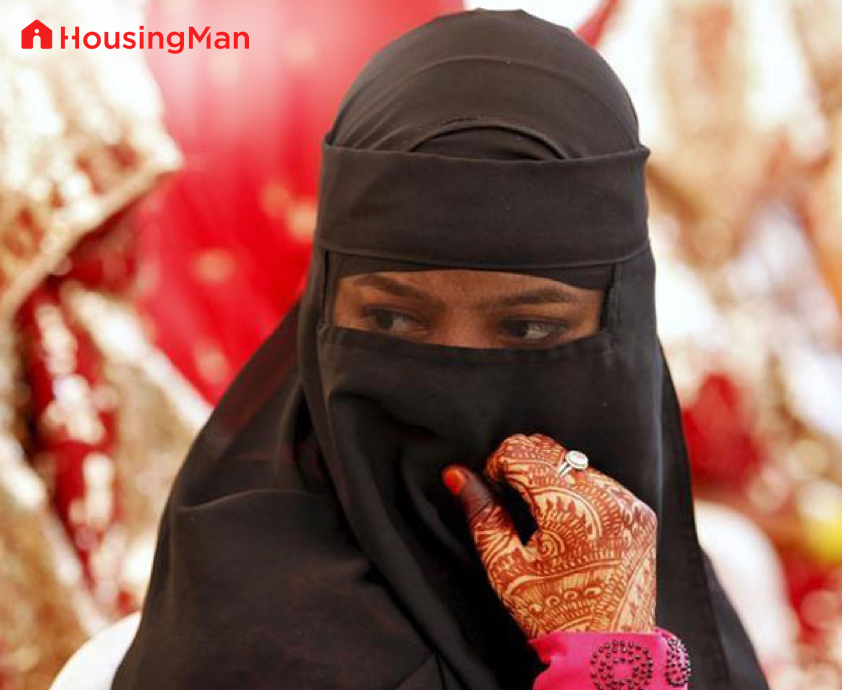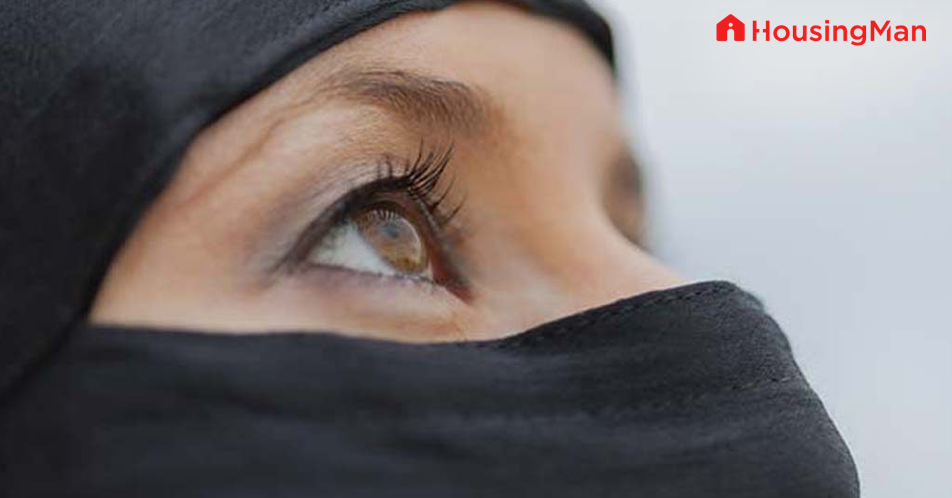Every religion practiced in India is governed by its own personal respective personal laws, including property rights for its community like Hindu property law for women property rights. The Muslim laws for Muslim Woman’s Right to Property in India are quite different from others, there are 2 completely different schools of thought.
As per the Muslim property law in India, there is no set of classified property rights for Muslim and are governed as per two schools of Muslim personal law – Shia and Hanafi.
While in general, the Muslim property laws do not keep men and women at par while deciding property laws, and there is much-asked about amendment in the Muslim personal law.
Here are a few Muslim laws on rights for inheritance of property.
Property rights of women in Islam are classified and segregated as per their life stages and provide for each circumstance in life. Muslim woman’s property right, are based on Islamic laws.
Muslim Woman’s Right to Property in India – Property rights of a mother in Islam
A Muslim mother qualifies to receive and inherit from her children, provided they are independent. If her dead son was a father as well, she is eligible to get 1/6th of his property. If the dead son has no children, she is eligible for 1/3rd share of the property.
Muslim Woman’s Right to Property in India – Property rights of a wife in Islam
A widow gets 1/8th share in case there are kids and 1/4th share when there are no children.
If more than one wife, the property share may come down to 1/16th.
The Islamic law provides financial security to Muslim woman, by virtue of marriage. As, at the time of marriage, a Muslim wife is entitled to receive total money or property from her husband.
A Muslim cannot give more than 1/3rd of his property by will, through this the wife may inherit a higher amount of will, when there are no heirs for the estate as prescribed by the law.
Muslim Woman’s Right to Property in India – Property rights of a daughter in Islam
A Muslim daughter is eligible for whatever assets and property share she inherits. But a Muslim son takes the double share of the daughter. If a Muslim daughter has no brother, she gets half of the share. She is then legally eligible to manage, control and dispose of the property as and when she desires. She is also eligible to get gifts from those she would inherit the property from. An unmarried daughter, is completely her parents’ responsibility, she is eligible to stay at her parents’ house and seek total subsistence.
Muslim Woman’s Right to Property in India – Property rights of a Divorced woman in Islam
A divorced woman, after talak is eligible for a maintenance up till 3 months by her husband till the iddat period is over. Post which, the responsibility for maintenance reverts to the women’s parental family.
However, if the divorced woman has financially independent children, who are in a position to support the mother, the responsibility is again on them.

Muslim Woman’s Right to Property in India – Property rights of a grandmother in Islam
Under the Muslim law, the maternal grandmother is entitled to 1/6th share of the total property, provided there is no mother or grandfather. On the other hand, the paternal grandmother gets a share only if there is no father or grandfather.
Other provisions ensuring financial security of Muslim woman
The provision for meher under Islamic law
Meher/maher is the total property or money the to-be-wife is promised to be entitled or bestowed upon by her husband during marriage – nikah.
There are 2 types – immediate and deferred. Immediate refers to the amount/property provided to the wife immediately after the wedding. In the deferred scenario, the amount/property is provided to the wife when the marriage ends or on death of the husband.
Males will only have ancestral property as part of inheritance. As per the Islamic law, males have the duty of maintaining and providing for their wife and children.
The will – wasiyat on the guidelines of Islamic Law
A Muslim cannot provide more than 1/3rd of his/her complete property through the will. If there are no heirs in the estate as prescribed by the law, the wife gets the greater amount by the will.
Gift – hiba as per Islamic Law
Any property can be provided as gift, but for it to be valid, a declaration of a wish to be made as gift should be made, which should be accepted by the receiver.
The Islamic rules for inheritance of property and general property rights for women are widely disoriented. Although, there is enough subsistence for both males and females, the laws need to be re-looked to provide equality for both males and females.













